Duy Anh Ton, 51, tasted vegetarian food for the first time during one of the anniversaries for his family’s ancestors at his childhood home in Hue in central Vietnam. He was surprised that food with no meat, no fish and no-animal related ingredients could make such a long-lasting impression.
And taste so good.
“Whoa, how come it’s so delicious?” Duy Anh remembered thinking. His family, guests and friends echoed similar comments.
Now, years after his first tasting, Ton and his family own and operate three restaurants in Orange County’s Little Saigon: Quan Hy, Quan Hop and Hoa Nguyen. Each specializes in tastes of a specific region of Vietnam. Quan Hop serves the Northern cuisine. Quan Hy focuses on foods from central Vietnam. Hoa Nguyen channels Hue’s vegetarian style.
Vegetarian food is increasing in popularity in Little Saigon, where there are just more than a dozen now line the streets with diners choosing vegetarian dishes for a number of reasons.
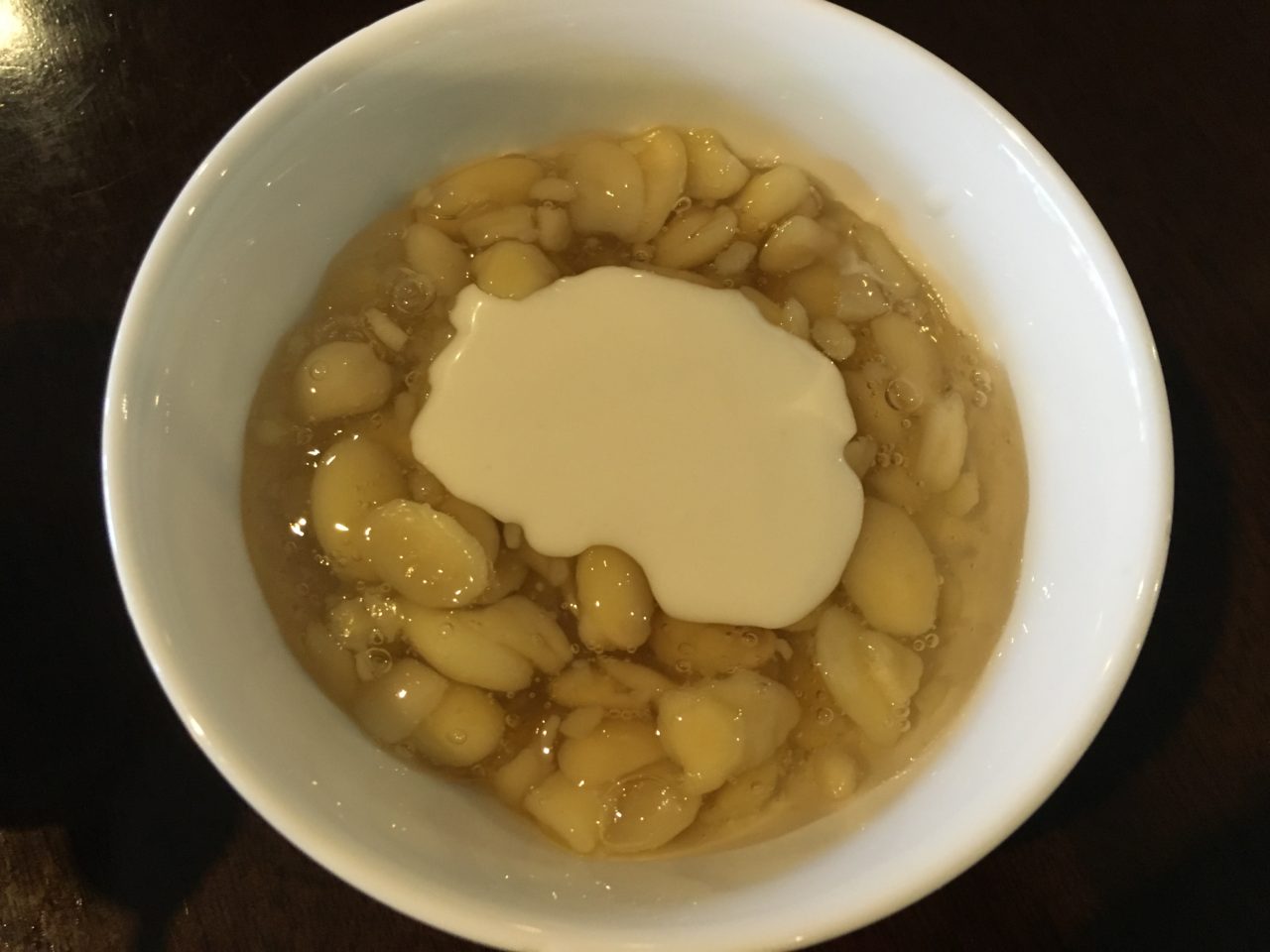
Religion as a cause
Vegetarianism and religion have an indirect link, and even though not all vegetarians and vegans practice Buddhism, many Vietnamese and Vietnamese Americans cite their belief in the religion as their reason for vegetarian eating.
Ton’s family has its roots in Hue, which he said is “a city that has the highest area-concentration of Buddhist temples in Vietnam. And because the last King of Vietnam was stationed there, people built a lot of temples and thus this location has an abundant selection of vegetarian dishes.”
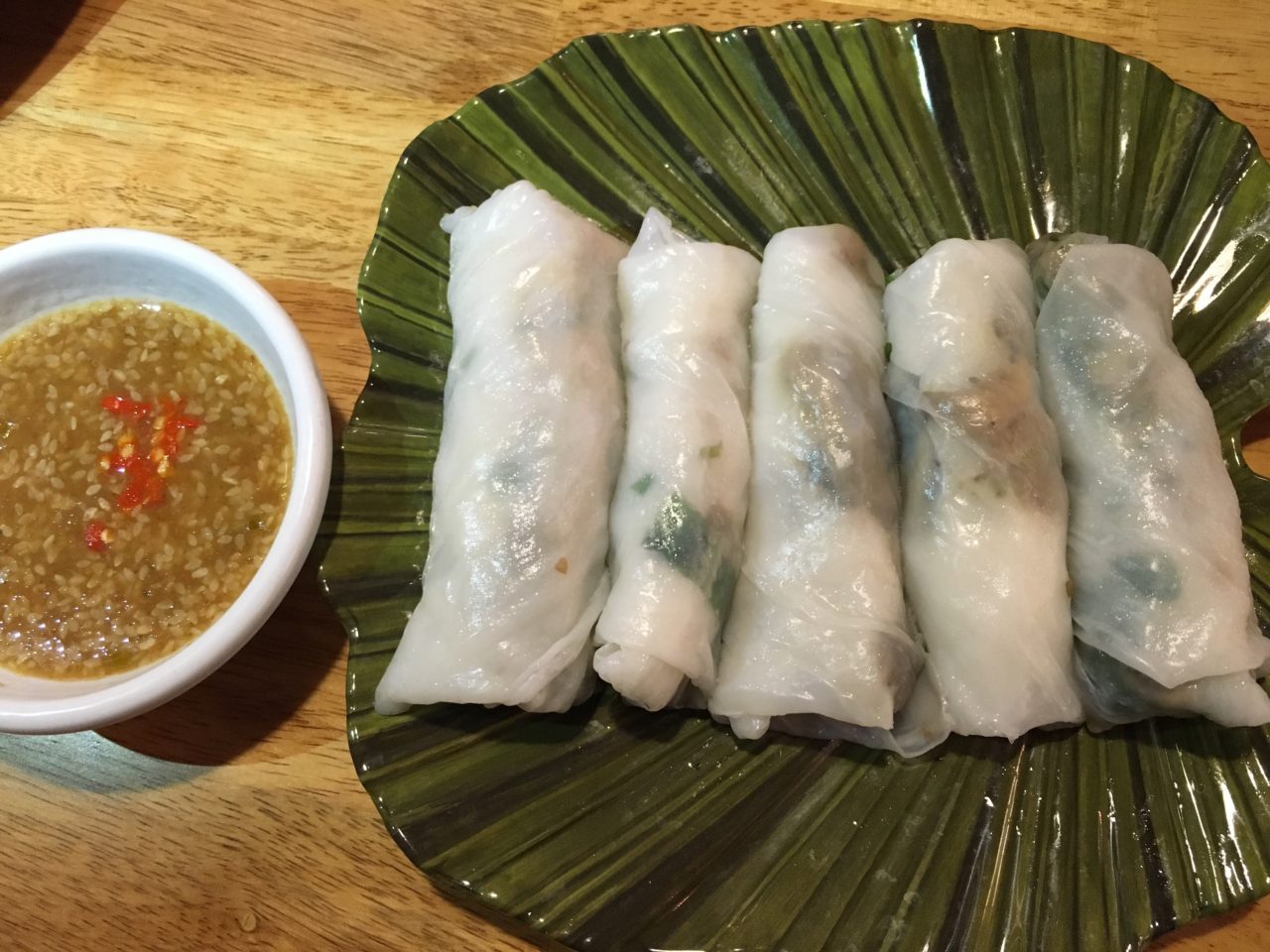


Ton’s secret weapon? His mother.
“She used to cook for (spiritual leader) Thich Nhat Hanh’s followers when he came to the United States to preach during 1992, ’93,” he said. The family prepared vegetarian food for between 50 and 100 people at each gathering.
“Everyone loved the dishes and encouraged us to open a restaurant, but at that time there was not enough demand, so we opened Quan Hy, a savory restaurant,” Ton said of his family’s start in restaurant business in 1998.
Ton opened his vegetarian restaurant as a tribute to his ancestors and as an effort to preserve the Vietnamese culture.
“I try to make vegetarian food as delicious as savory food,” he said. “I think my family knew of vegetarian food from the the practice of ancestors’ worship.
“Vietnamese culture is ancestor worship – a practice to remember ancestors by offering foods and prayers annually with specific rituals – and that is the local culture.”

As Buddhism blended with local culture in his part of Vietnam, he said, the belief emerged “that the souls had reached enlightenment so the best offering would be vegetarian food.”
Another family-owned vegetarian restaurant in Little Saigon that has a long tradition of cooking for the masses is Bồ Đề Tịnh Tâm Chay, which is run by the mother-daughter team of Quang Ngoc and Sammy Tran. The restaurant has cultivated more than 180 dishes containing no animal related ingredients since 2009.
“It’s a family tradition. My parents used to cater weddings in Vietnam,” Quang Ngoc said. “I never went to any cooking schools but my aunt did. She teaches classes in Vietnam, and it goes from there. It’s in the blood. Even now the second Bồ Đề Tịnh Tâm Chay in Sai Gon belongs to my nieces and nephews in Vietnam.”
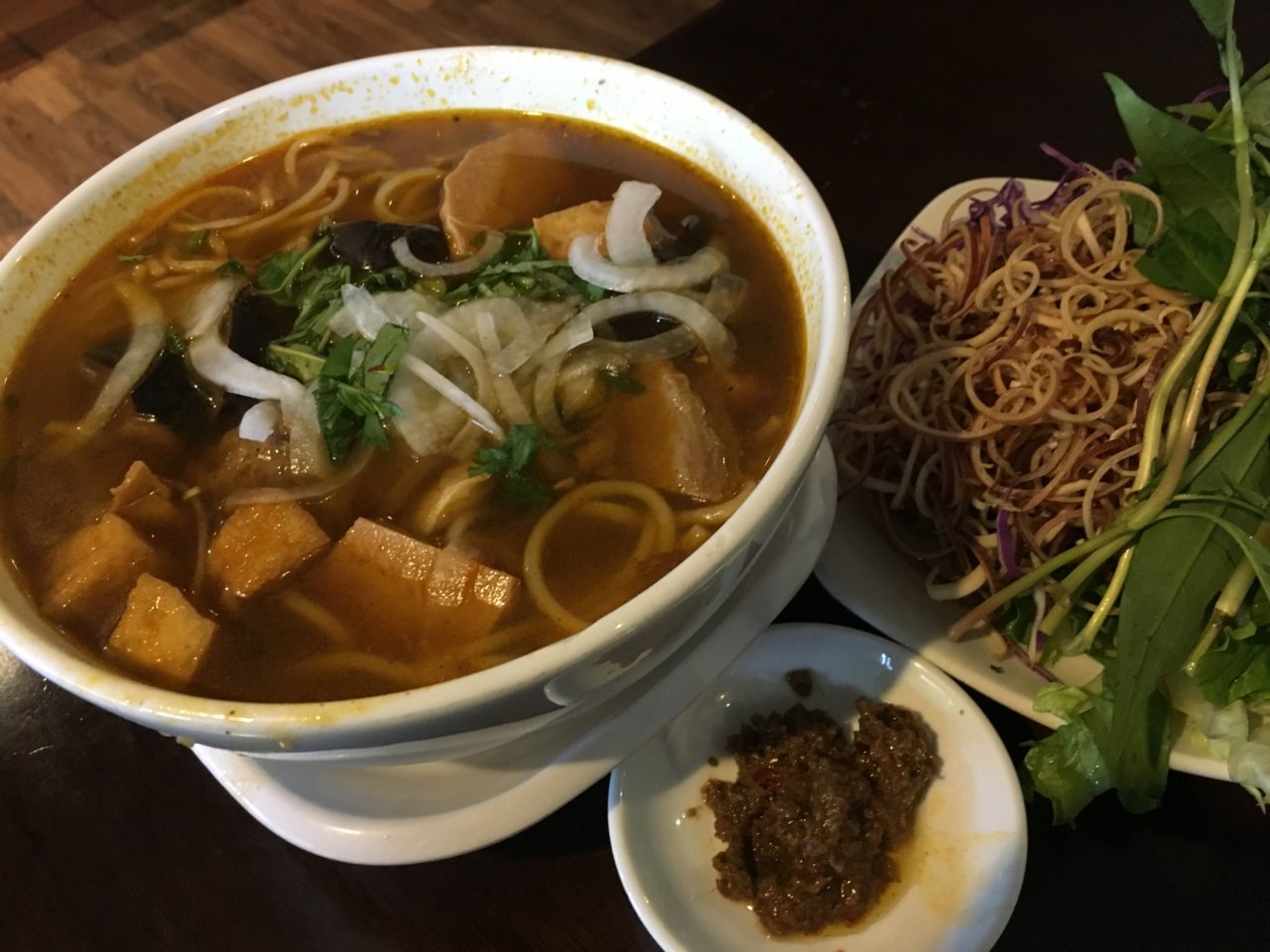
Unlike Ton, Quang Ngoc was convinced by her eldest daughter to open a vegetarian restaurant. She was a volunteer cook for Bát Nhã temple in Little Saigon and already had mastered the science of running a full-fledged restaurant by being the apprentice for her family business for years. A devout Buddhist, Quang Ngoc said she believes in creating good karma. That led her to agreeing to help out her eldest daughter.
Health for a reason
Ton, who said he graduated from Le Cordon Bleu, said he wants to prepare “the best vegetarian dishes.” Quang Ngoc wants to spread the good karma. Liêu Tú Anh, 54, owner of Long Hoa vegan restaurant, and Mai Nguyen, owner of Au Lac plant-based and vegan restaurants, opened their vegetarian eateries entirely for health reasons.
“I have been a vegetarian for 21 years, and my health is so well,” Liêu said. “From head to toe, I feel very energetic and so happy. I wanted to spread the practice of eating vegetarian food and prayed that I could open a vegetarian restaurant.”
However, Liêu had to overcome challenges and face the reality of running a restaurant.
“I have had this restaurant for three years,” she said. “In the first two years, it was very difficult. I ran into debt (about $100,000 in credit-card debt) and am still in credit-card debt.”
She said her husband wanted her to get rid of the restaurant since it was losing money. But fearful new owners would turn it into a meat-eating restaurant, she stayed in business. Her husband and daughter decided a year ago to help out, and business has improved, she said.
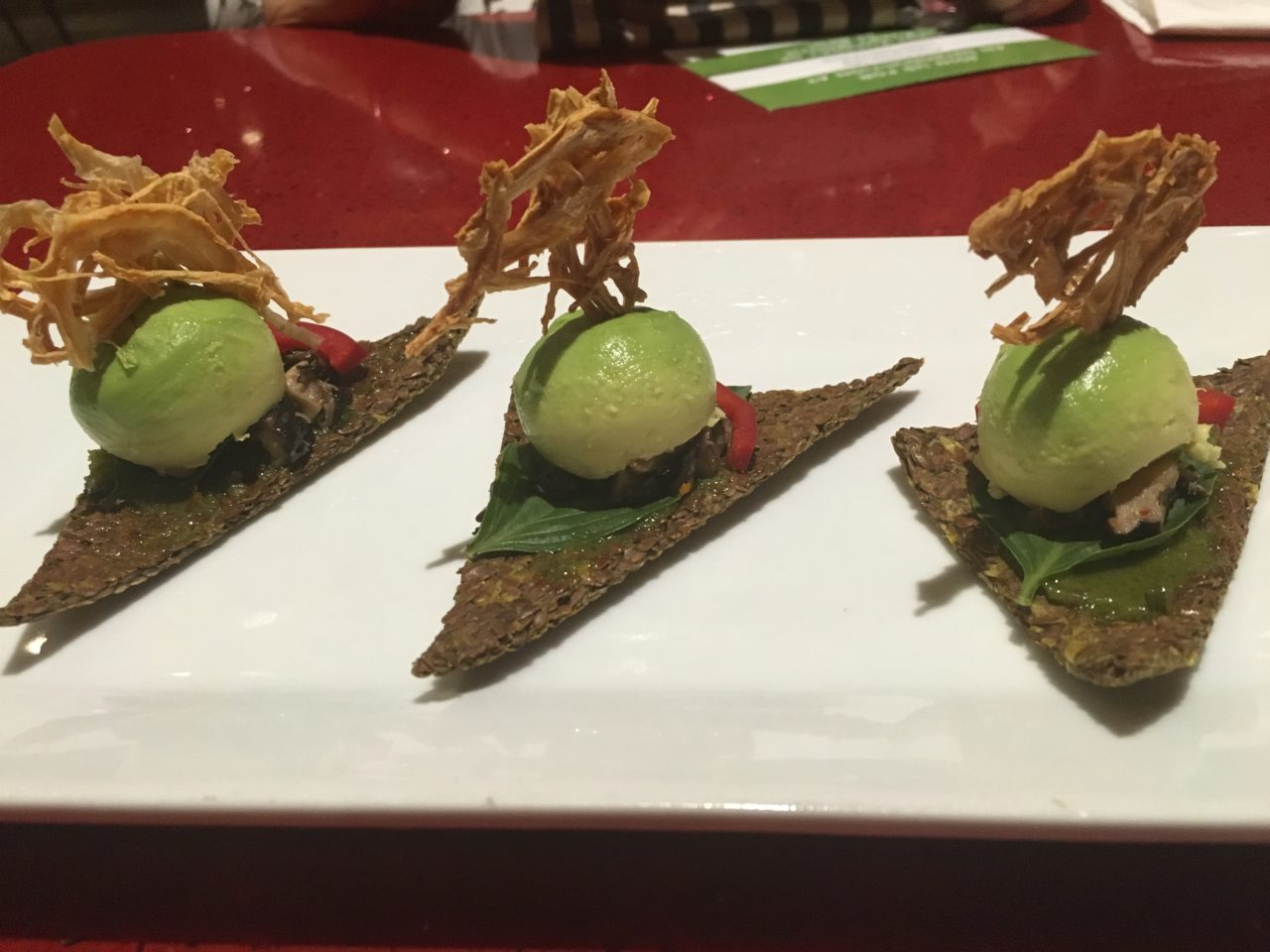
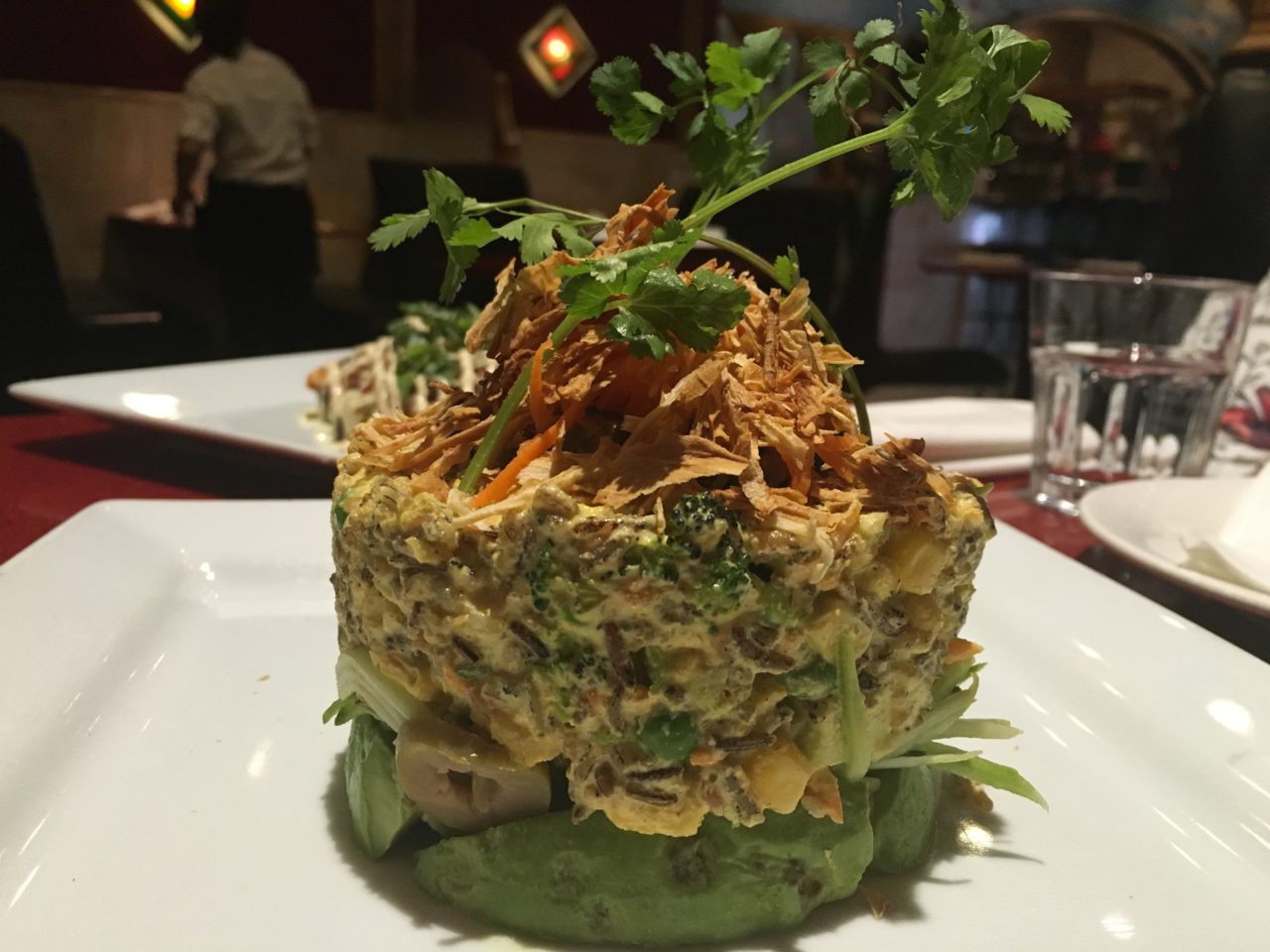
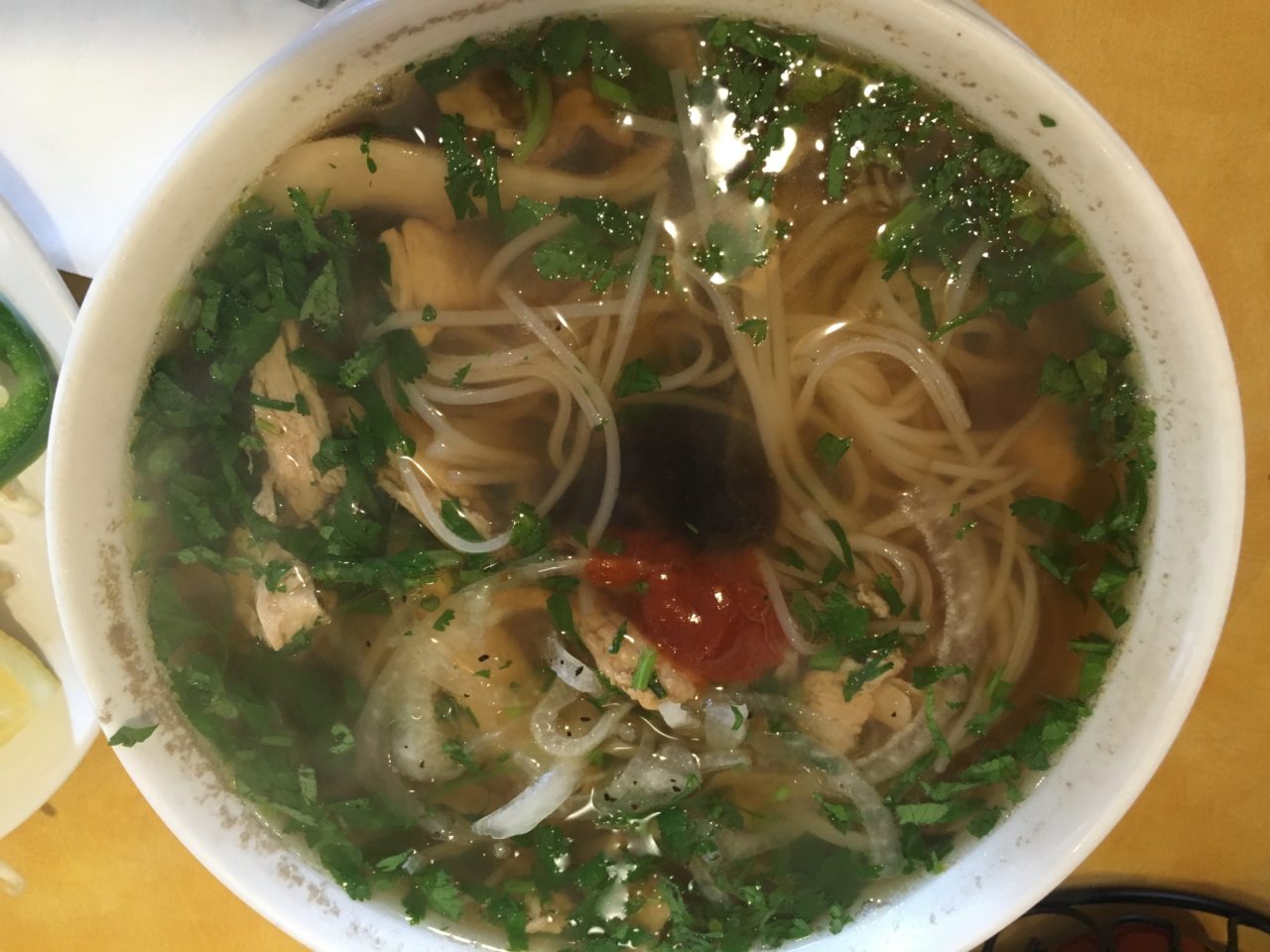
Solongo McGarbey, 24, a vegan-raw food practitioner who lives in Fountain Valley, Calif., was raised in Mongolia.
“I grew up eating meat. After I became vegan I became more sensitive toward animals,” she said. “Before, I didn’t care so much about other people eating meat. I just said, ‘Oh they eat meat, and I don’t eat meat. … But now I get chills every time I go to meat-eating restaurants. I don’t feel comfortable any more.”
McGarbey was the first one in her family of five to start practicing vegetarianism, starting at age 14. She influenced her mother and siblings to eat vegan, but her father still eats meat.
“Animals suffered when they died, and when you consume that then that is basically what you’d become,” McGarbey revealed about her shift to eating vegan. “So you want to be away from all that – the bad energy and negativity. You will become more loving and compassionate toward any living beings on earth.”

